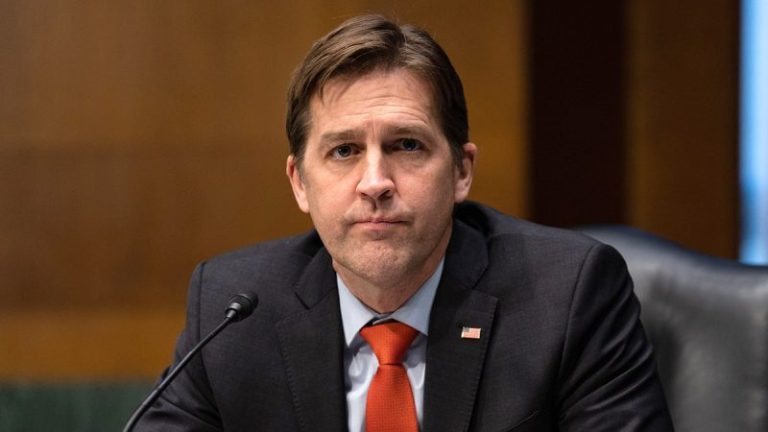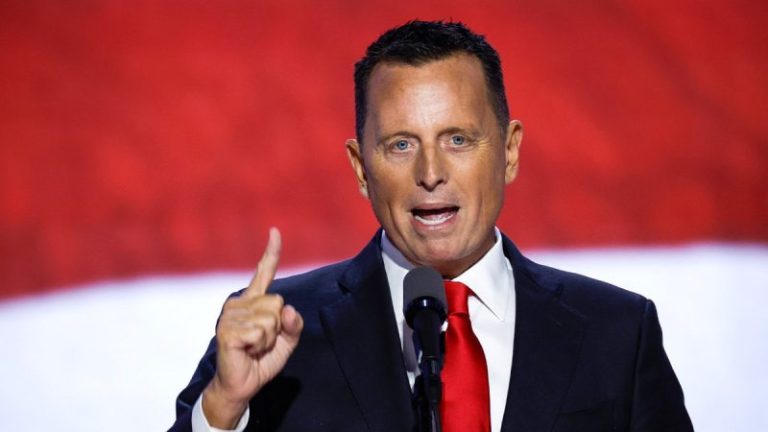This year has had no shortage of alarming Chinese espionage efforts targeting the United States that were uncovered by government officials.
2025 saw the conviction of a former active-duty military member accused of selling Navy secrets to Chinese intelligence, the arrests of Chinese nationals accused of trying to recruit active-duty service members as intelligence assets and smuggle dangerous toxins into the United States, the disruption of a Chinese ‘Hacker-for-Hire’ ecosystem, and more.
‘President Trump is not afraid of the Chinese,’ Gatestone Institute senior Fellow Gordon Chang said on Fox Business’ ‘Mornings with Maria’ following a new arms sale to Taiwan. However, Chang lamented that Trump was ambivalent to the ‘information war’ with China, noting that ‘the Chinese are able to tar him and tell the rest of the world that Trump is afraid of the Chinese … but when you look at the reality, President Trump is going after China across the board,’ Chang argued.
One of the alarming Chinese espionage headlines to hit the news this year was an effort by several Chinese nationals to smuggle a pathogen described by the government as a ‘potential agroterrorism weapon’ into the United States in 2024. A complaint against the suspects was unsealed by federal officials this year, leading the case to make headlines nationwide.
One of those individuals complicit in the case, Yunqing Jian, 33, a citizen of the People’s Republic of China and a researcher employed at the University of Michigan, was allegedly receiving money from the Chinese government for her work on the pathogen the suspects were trying to smuggle. Meanwhile, her boyfriend, who worked at a Chinese university conducting research on that same pathogen, initially lied but then admitted to smuggling it through the Detroit airport so it could be taken to the University of Michigan laboratory where his girlfriend worked.
Jian eventually pleaded guilty. She was later sentenced to time served and then deported back to China. Her boyfriend was immediately deported to China when he was caught at the Detroit airport trying to bring the toxin into the United States.
Just this month, a separate Chinese researcher from Indiana University was also accused by the Federal Bureau of Investigation (FBI) of trying to smuggle a dangerous toxin into the country, this time Escherichia coli (E. coli). The FBI identified the smuggling suspect as post-doctoral researcher Youhuang Xiang, who also allegedly made false statements to law enforcement.
Federal officials have disrupted Chinese intelligence efforts to recruit assets in the United States this year as well, according to Justice Department communications.
In July, federal officials disrupted a ‘Clandestine PRC Ministry of State Security Intelligence Network’ that was operating in the United States and was attempting to bribe active-duty soldiers with thousands in cash to work for them as assets.
The following month, in a separate case, a federal jury convicted former Navy sailor, Jinchao Wei, also known as Patrick Wei, who was caught trying to sell military secrets to a Chinese intelligence officer for $12,000.
Hacking was a big part of Chinese espionage efforts in 2025 too.
A major Chinese-linked hacking threat referred to as ‘Salt Typhoon’ was reported this year to have launched an attack compromising at least 200 American companies as part of its broader efforts that have included gaining access to law enforcement wiretapping mechanisms and information on members of Congress, according to the top cyber chief at the FBI. Critical infrastructure manufacturers like AT&T, Verizon, Charter Communications, and others have reportedly been exposed by the group, which was first uncovered publicly in 2024 but whose efforts have dated back several years.
Earlier this year, in March, the Department of Justice also announced that federal officials had disrupted a ‘Hacker-for-Hire Ecosystem’ operating out of China at the direction of Chinese intelligence officers as well. These malicious actors worked for private companies and as contractors in China, which was intended to hack and steal information in a way that would obscure the Chinese government’s involvement, the DOJ said.
China’s increasing acquisition of farmland in the United States has been of growing concern during 2025 as well, with Chinese-linked entities buying up land near military bases, including a trailer park near Missouri’s Whiteman Air Force Base.
‘From smuggling crop-killing pathogens and E. Coli into the United States, to conspicuously purchasing a trailer park that shares a fence with America’s entire B-2 bomber fleet and selling ‘green’ tech devices that spread kill switches across our electrical grid, Communist China seeks to harm the American homeland,’ Michael Lucci, a China-hawk and the founder of State Armor Action, a conservative group with a mission to develop and enact state-level solutions to global security threats such as those emanating from China.
‘Furthermore, these events are just the tip of the iceberg,’ Lucci continued. ‘Lawmakers across the country must accelerate action to shield Americans from CCP influence, espionage, and sabotage. Communist China treats the United States as an enemy, and it is past time we recognize the CCP party-state always and everywhere chooses conflict with the United States.’
Fox News Digital’s Rachel Wolf contributed to this report.










